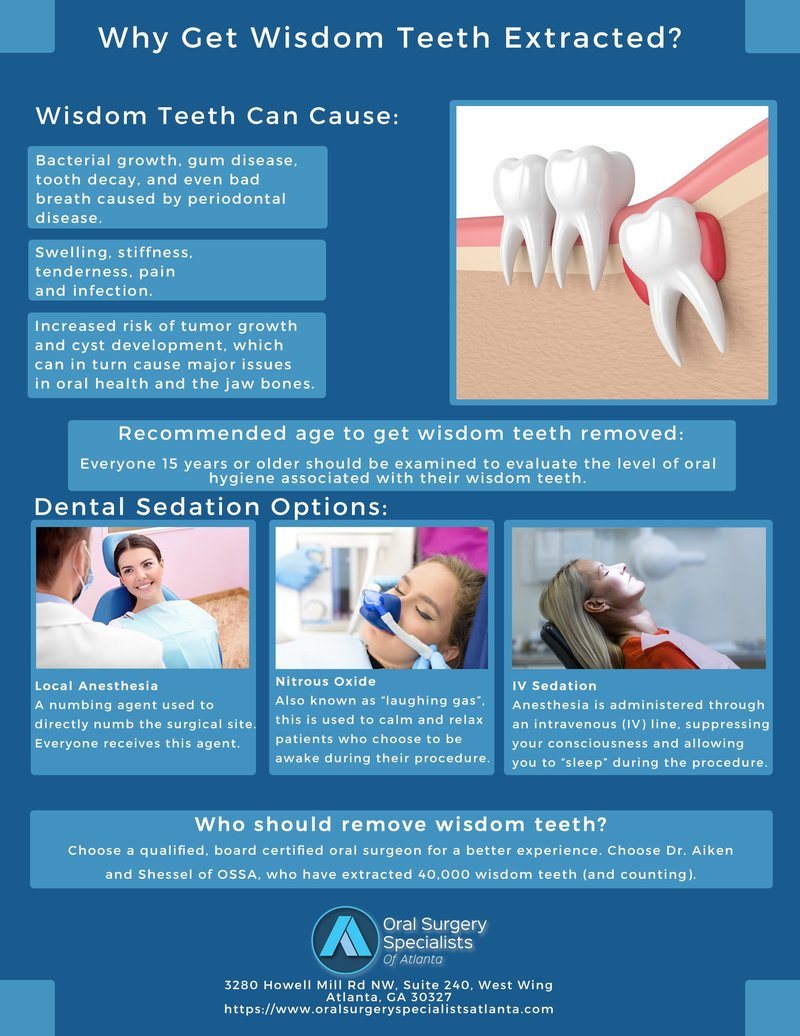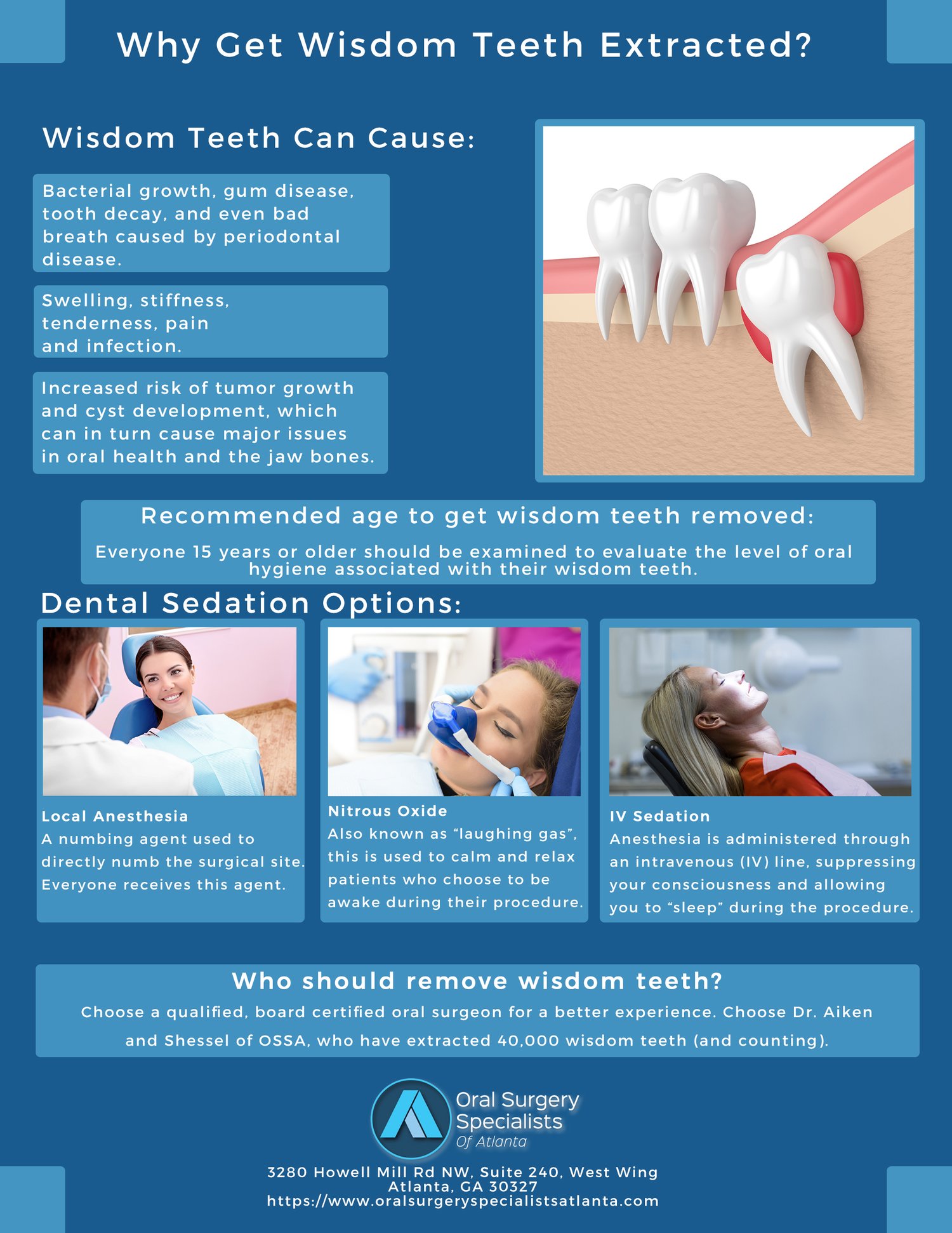
The question of whether removing wisdom teeth falls under medicine or dentistry sparks curiosity. Both medical doctors and dentists can perform the procedure, causing confusion. The key is understanding wisdom teeth and the expertise needed for removal. Wisdom teeth, emerging between 17 and 25, often lead to discomfort and dental problems due to their positioning. Removal requires a mix of medical and dental skills. Oral and maxillofacial surgeons handle surgery, anesthesia, and complications, while dentists diagnose and provide pre/post-operative care. Wisdom teeth removal is a dental procedure, preventing issues like overcrowding, impaction, and infection, best addressed by dentists.

Is Removing Wisdom Teeth Medical or Dental?
Removing wisdom teeth is a common procedure that many people undergo at some point in their lives. However, there is often confusion about whether this procedure falls under the realm of medical or dental care. The answer is that it can be both, depending on the specific circumstances and the healthcare provider involved.
Medical Reasons for Wisdom Teeth Removal
Impacted Wisdom Teeth
- Impaired emergence from gums
- Potential for infections, cysts, or damage to nearby teeth
Overcrowding and Alignment Issues
- Wisdom teeth causing overcrowding
- Alignment problems leading to potential damage to neighboring teeth
- Angle of growth causing pain and discomfort
Professional Determination
- Evaluation by oral surgeons or specialized dentists
- Decision based on patient’s overall health and well-being
Dental Perspective on Wisdom Teeth Removal
Preventive Measures
- Wisdom teeth removal as a preventive dental measure
- Maintenance of oral health and prevention of future issues
Reasons for Dental Recommendation
- Difficulty in cleaning the back of the mouth
- Increased risk of tooth decay and gum disease
- Prevention of shifting of other teeth, maintaining orthodontic alignment
Dental Professional Practices
- Varied opinions on the necessity of removal
- Common practice in clinics, often performed by oral surgery specialists
Procedure and Recovery
Anesthesia and Complexity
- Local anesthesia for standard cases
- General anesthesia for complex cases or anxious patients
Post-Surgery Recovery
- Swelling, discomfort, and limited mouth opening
- Use of pain medications and ice packs
- Recovery period typically lasting about a week
Post-Operative Instructions
- Importance of following instructions for proper healing
- Minimization of the risk of complications
Benefits of Wisdom Teeth Removal
- Prevention of future health problems
- Avoidance of overcrowding and maintenance of dental alignment
- Improved oral hygiene
- Relief from pain and discomfort
- Overall enhancement of oral health and reduction in dental issues
In conclusion, the question of whether removing wisdom teeth is a medical or dental procedure is not a straightforward one. It can be both, depending on the specific circumstances and the healthcare provider involved. The decision to remove wisdom teeth is typically made based on a combination of medical and dental factors, taking into account the patient’s overall health and well-being. By understanding the potential benefits and risks associated with wisdom teeth removal, individuals can make informed decisions in consultation with their healthcare professionals.
Key Takeaways: Is Removing Wisdom Teeth Medical or Dental?
- Removing wisdom teeth is a dental procedure performed by oral surgeons or dentists.
- It is considered both a medical and dental procedure because it involves the removal of teeth that can cause health issues.
- Wisdom teeth can cause crowding, pain, infection, and damage to adjacent teeth if not removed.
- The procedure is usually done under local or general anesthesia to ensure patient comfort.
- It is important to consult with a dental professional to determine if wisdom teeth removal is necessary.
Frequently Asked Questions
Is removing wisdom teeth a medical or dental procedure?
Removing wisdom teeth is a dental procedure that is performed by an oral surgeon or a dentist with specialized training. While it is a dental procedure, it is important to note that wisdom teeth removal can have medical implications as well.
Wisdom teeth, also known as third molars, are the last teeth to erupt in the mouth, typically during the late teenage years or early twenties. In many cases, there is not enough space in the mouth for these teeth to come in properly, leading to a variety of dental issues. If left untreated, impacted wisdom teeth can cause pain, infection, crowding, and damage to neighboring teeth. Therefore, removing wisdom teeth is considered a preventive measure to maintain oral health.
What is the process of removing wisdom teeth like?
The process of removing wisdom teeth involves several steps. First, the dentist or oral surgeon will conduct a thorough examination, which may include X-rays, to assess the position and condition of the wisdom teeth. Based on the examination, a treatment plan will be developed.
During the procedure, local anesthesia is administered to numb the area around the wisdom teeth. In some cases, sedation or general anesthesia may be used to ensure the patient’s comfort. The dentist or oral surgeon will then make an incision in the gum tissue to access the wisdom teeth and remove them. Stitches may be used to close the incisions, which will dissolve over time.
Are there any risks or complications associated with wisdom teeth removal?
As with any surgical procedure, there are risks and potential complications associated with wisdom teeth removal. These can include bleeding, infection, dry socket (a condition where the blood clot that normally forms after extraction is dislodged or dissolves), nerve damage, and damage to surrounding structures such as nearby teeth or sinus cavities.
However, it is important to note that serious complications are rare, and the majority of patients experience a smooth recovery. Dentists and oral surgeons take precautions to minimize these risks, such as thorough examination and planning, proper surgical technique, and post-operative care instructions.
How long does it take to recover from wisdom teeth removal?
The recovery time after wisdom teeth removal can vary from person to person. In general, it takes about a week to fully recover from the procedure. During the first few days, it is common to experience swelling, discomfort, and some bleeding. Pain medication and ice packs can help manage these symptoms.
It is important to follow the post-operative instructions provided by your dentist or oral surgeon, which may include dietary restrictions, oral hygiene recommendations, and avoiding strenuous activities. By following these guidelines and giving yourself enough rest and time to heal, you can ensure a smoother and faster recovery.
What are the benefits of removing wisdom teeth?
Removing wisdom teeth can provide several benefits for oral health. By removing impacted or poorly positioned wisdom teeth, it can prevent a range of problems such as pain, infection, tooth decay, and damage to adjacent teeth. It can also help prevent overcrowding and misalignment of teeth.
Additionally, removing wisdom teeth at a younger age can often result in an easier and faster recovery. As we age, the roots of wisdom teeth become more developed, making the extraction more complex and increasing the risk of complications. Therefore, addressing wisdom teeth early on can help maintain oral health and prevent future dental issues.
Does insurance cover my wisdom teeth removal?
Final Thought: Is Removing Wisdom Teeth Medical or Dental?
Call or Book appointment online
:Ace Dental Care Alpharetta office: 678-562-1555 - Book Now
Ace Dental Care Norcross office: 770-806-1255 - Book Now
Disclaimer
This blog post was generated by artificial intelligence. The content of this post may not be accurate or complete, and should not be relied upon as a substitute for professional advice. If you have any questions about the content of this post, please contact us.
We are constantly working to improve the accuracy and quality of our AI-generated content. However, there may still be errors or inaccuracies. We apologize for any inconvenience this may cause.





